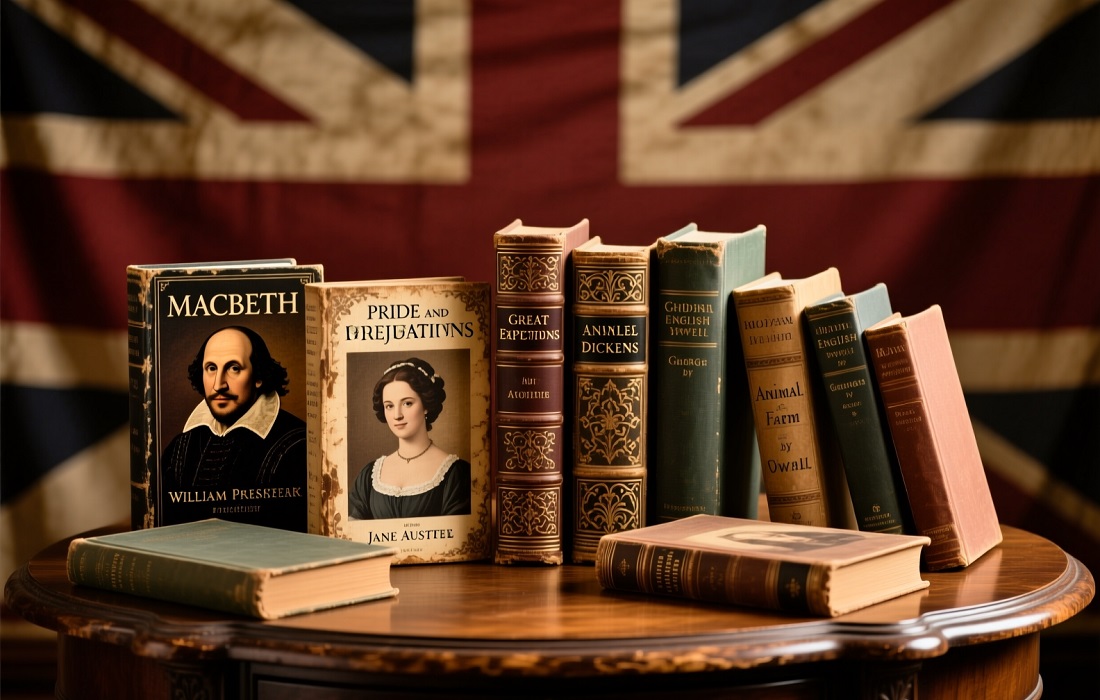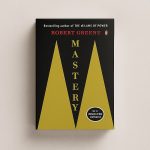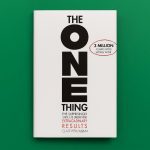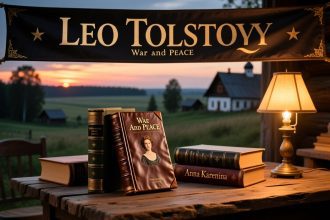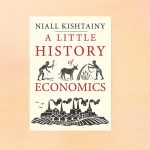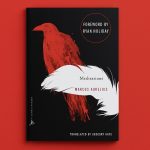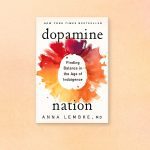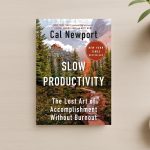England’s literary output is as varied as its landscapes – from the medieval fens to modern city streets. This list celebrates English authors whose works have not only shaped national culture but also resonated globally. By combining historical masterpieces with recent chart‑toppers, the Top 10 Books from England mirrors the breadth of English storytelling: rich character studies, daring social critiques, sweeping histories, and imaginative worlds. Whether you’re seeking romance, political allegory, or modern feminist wit, these Top 10 Books from England capture the evolving spirit of English literature while showcasing its enduring global influence.
Top 10 Books from England
1. Macbeth by William Shakespeare
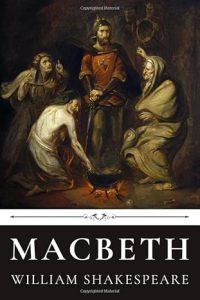
Shakespeare’s Macbeth follows a Scottish nobleman whose vaulting ambition, spurred by prophecy and manipulation, leads to regicide and ruin. The play’s compact structure multiplies its intensity, plunging audiences into a psychological descent marked by paranoia, hallucinations, and relentless bloodshed. Themes of fate versus free will, moral corruption, and the price of power resonate timelessly. Shakespeare’s verse brims with iconic lines and eerie atmosphere, while Lady Macbeth remains a formidable study in guilt and determination. Though rooted in history, the drama transcends its setting, revealing universal truths about human nature. A masterclass in tragedy, Macbeth holds a permanent place in British literature.
2. Animal Farm by George Orwell
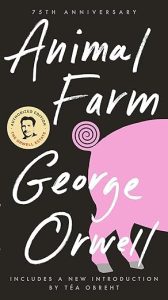
In Animal Farm, George Orwell crafts an allegorical satire of totalitarianism through the tale of farm animals overthrowing their human owner. Initially united by ideals of equality, the animals quickly see their revolution corrupted as the pigs, led by Napoleon, consolidate power. Orwell’s prose is deceptively simple, making its political critique sharp and accessible. The novel mirrors historical events, particularly the Russian Revolution and Stalin’s rise, but its message applies broadly to power’s corrupting influence. Memorable aphorisms, such as “All animals are equal, but some are more equal than others,” highlight its enduring relevance. It’s both a fable and a warning.
3. Lessons in Chemistry by Bonnie Garmus

Set in 1960s California yet written with unmistakably sharp British wit, Bonnie Garmus’s debut follows Elizabeth Zott, a chemist navigating sexism, single motherhood, and an unexpected rise as a television cooking show host. Elizabeth applies scientific thinking not only to recipes but to life’s obstacles, challenging societal norms with wit and determination. Garmus blends humor, heartbreak, and feminist commentary, crafting a heroine whose voice is as memorable as her defiance. Equal parts satire and inspiration, the novel celebrates intellectual rigor and personal agency. Its modern popularity proves that clever, emotionally resonant storytelling can inspire broad audiences while provoking thoughtful reflection.
4. The Anglo‑Saxons: A History of the Beginnings of England: 400 – 1066 by Marc Morris
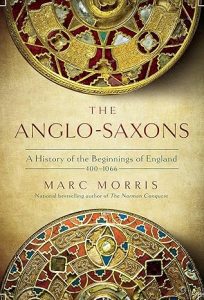
Marc Morris explores England’s formative centuries, tracing the arrival of the Anglo‑Saxons, the establishment of kingdoms, Christian conversion, and resilience against Viking invasions. Through meticulous research and lively narrative, he brings kings, warriors, and monks vividly to life. The book contextualizes archaeological finds, chronicles pivotal battles, and clarifies shifting power dynamics before 1066. Morris balances scholarly rigor with storytelling flair, making early medieval history engaging without sacrificing accuracy. By linking political, cultural, and religious developments, he shows how disparate tribes forged a shared identity. This rich account reveals the foundations from which English language, governance, and national consciousness would later grow.
5. The Plantagenets: The Warrior Kings and Queens Who Made England by Dan Jones
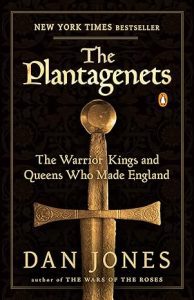
Dan Jones delivers a sweeping chronicle of the Plantagenet dynasty, which ruled England from the 12th to the 15th centuries. Spanning legendary monarchs like Richard the Lionheart and infamous figures like King John, the narrative intertwines epic battles, political intrigue, and dynastic rivalries. Jones’s storytelling makes complex medieval politics clear and compelling, integrating lively character portraits with broader historical forces. The Plantagenets oversaw dramatic territorial changes, the signing of Magna Carta, and enduring conflicts like the Hundred Years’ War. With pace and wit, Jones illuminates how these warrior rulers forged – and fractured – the kingdom, leaving an indelible mark on England’s history.
6. Harry Potter Series by J.K. Rowling
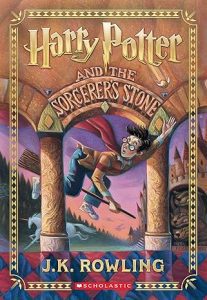
J.K. Rowling’s seven‑book saga follows Harry Potter, a young wizard destined to confront the dark lord Voldemort. Blending magical adventure with universal themes of friendship, bravery, and love, the series balances whimsical detail with increasingly profound moral questions. Each installment expands the wizarding world, weaving school life at Hogwarts with battles between good and evil. Rowling’s intricate plotting, memorable characters, and rich lore made the books global phenomena. While aimed at young readers, the series bridges generations. Its cultural impact – from inspiring literacy to reshaping fantasy publishing – cements its place as a modern British classic and worldwide literary landmark.
7. Pride and Prejudice by Jane Austen
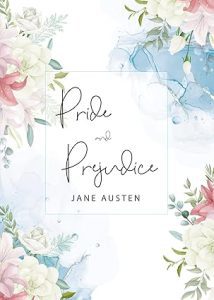
In Pride and Prejudice, Jane Austen crafts a sparkling social comedy centered on Elizabeth Bennet, whose wit and independence challenge the norms of Regency England. The romance between Elizabeth and the reserved Mr. Darcy unfolds amid sharp commentary on class, marriage, and female agency. Austen’s elegant prose, deft irony, and keen eye for human behavior keep the novel fresh two centuries later. Beyond its love story, it’s a study of personal growth and overcoming prejudice – both societal and individual. Beloved for its humor, intelligence, and memorable characters, Pride and Prejudice remains one of the most influential novels in English literature.
8. Great Expectations by Charles Dickens
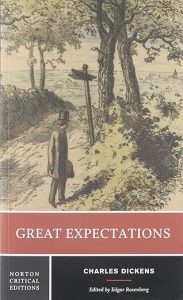
Charles Dickens’s Great Expectations follows orphan Pip’s journey from rural poverty to the illusions – and disillusionments – of gentility. Narrated in Pip’s own reflective voice, the novel examines ambition, loyalty, and moral redemption against a vividly drawn backdrop of 19th‑century England. Alongside unforgettable characters like Miss Havisham and Estella, Dickens critiques social mobility’s costs and benefits. The plot’s turns balance mystery with deeply human moments, making it both a coming‑of‑age story and social commentary. Dickens’s humor, pathos, and command of atmosphere ensure the novel’s enduring appeal, offering a timeless meditation on identity, gratitude, and the true measure of personal worth.
9. Hamnet by Maggie O’Farrell
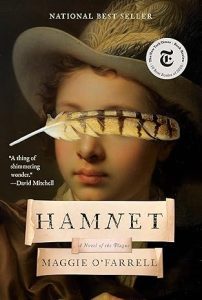
Maggie O’Farrell’s Hamnet reimagines the life and death of William Shakespeare’s only son, exploring the emotional landscape that may have inspired Hamlet. Set in 16th‑century Stratford, the novel depicts the intimate bonds between family members, particularly Shakespeare’s wife, Agnes, portrayed as a resilient, intuitive healer. Through lyrical prose, O’Farrell weaves themes of love, loss, and artistic creation, blurring fact and fiction. The narrative alternates between illness‑stricken domestic life and tender courtship scenes, immersing readers in sensory detail. Hamnet resonates as both historical fiction and universal grief story, earning acclaim as a modern masterpiece in English literary tradition, rich in depth and feeling.
10. The House of Dudley: A New History of Tudor England by Joanne Paul
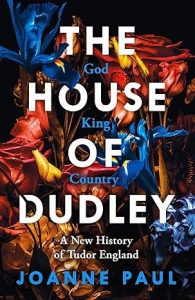
Joanne Paul examines the Dudley family’s dramatic rise and fall in Tudor England, navigating dangerous royal courts from Henry VII to Elizabeth I. Blending political history with intimate biography, Paul uncovers the strategies, scandals, and survival instincts of a dynasty often overshadowed by their royal patrons. The Dudleys influenced key moments – from succession crises to rebellions – while walking a perilous line between power and ruin. Paul’s accessible style renders dense genealogies and alliances clear for non‑specialists. The House of Dudley offers a fresh perspective on Tudor politics, revealing how one family’s fortunes mirrored – and sometimes shaped – England’s destiny.
Conclusion: Top 10 Books from England
From Shakespeare’s haunting tragedies to Bonnie Garmus’s witty modern debut, these Top 10 Books from England demonstrate the enduring vitality of English literature. Covering historical chronicles, sharp‑edged social satire, magical epics, and love stories, the list reflects England’s breadth of narrative talent. It reveals how writers across centuries have questioned authority, explored moral complexity, and celebrated resilience. Whether grounded in the grit of Tudor politics or the enchantment of wizarding schools, each work speaks to universal human experiences while retaining its distinctly English voice. England continues to gift the world stories that inspire, challenge, and endure – a tradition as old as the language itself.
Engage with Us: What Are Your Favorite Books?

